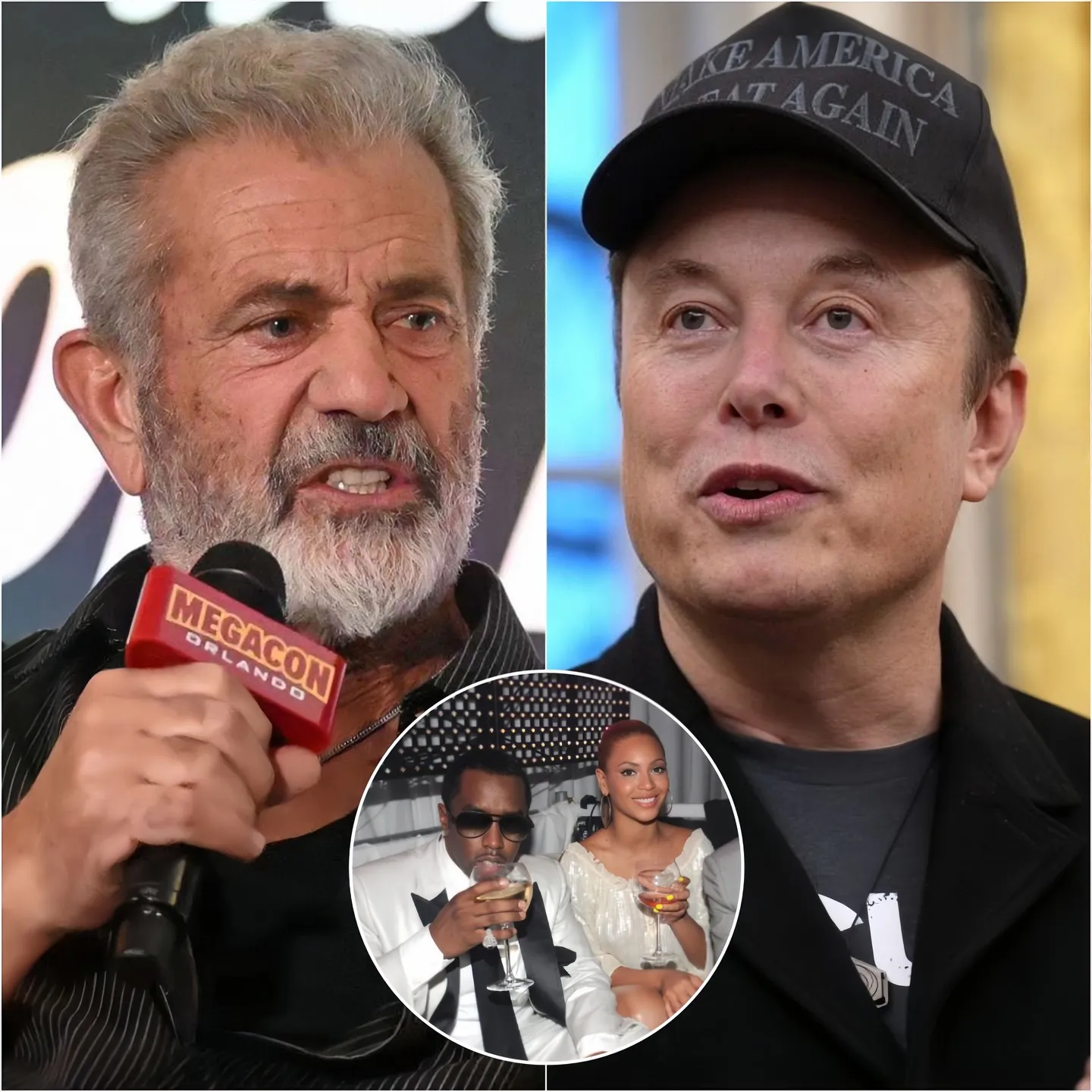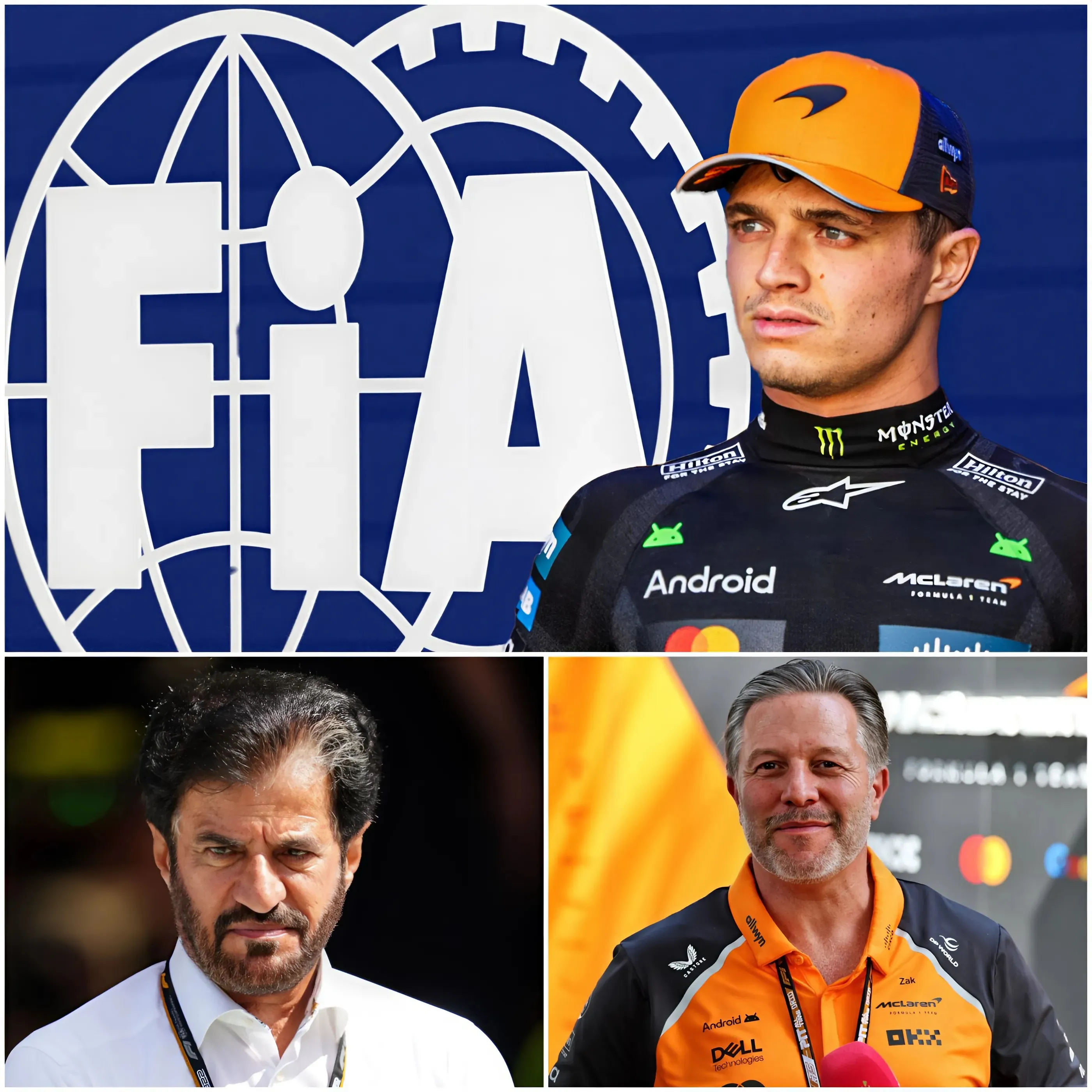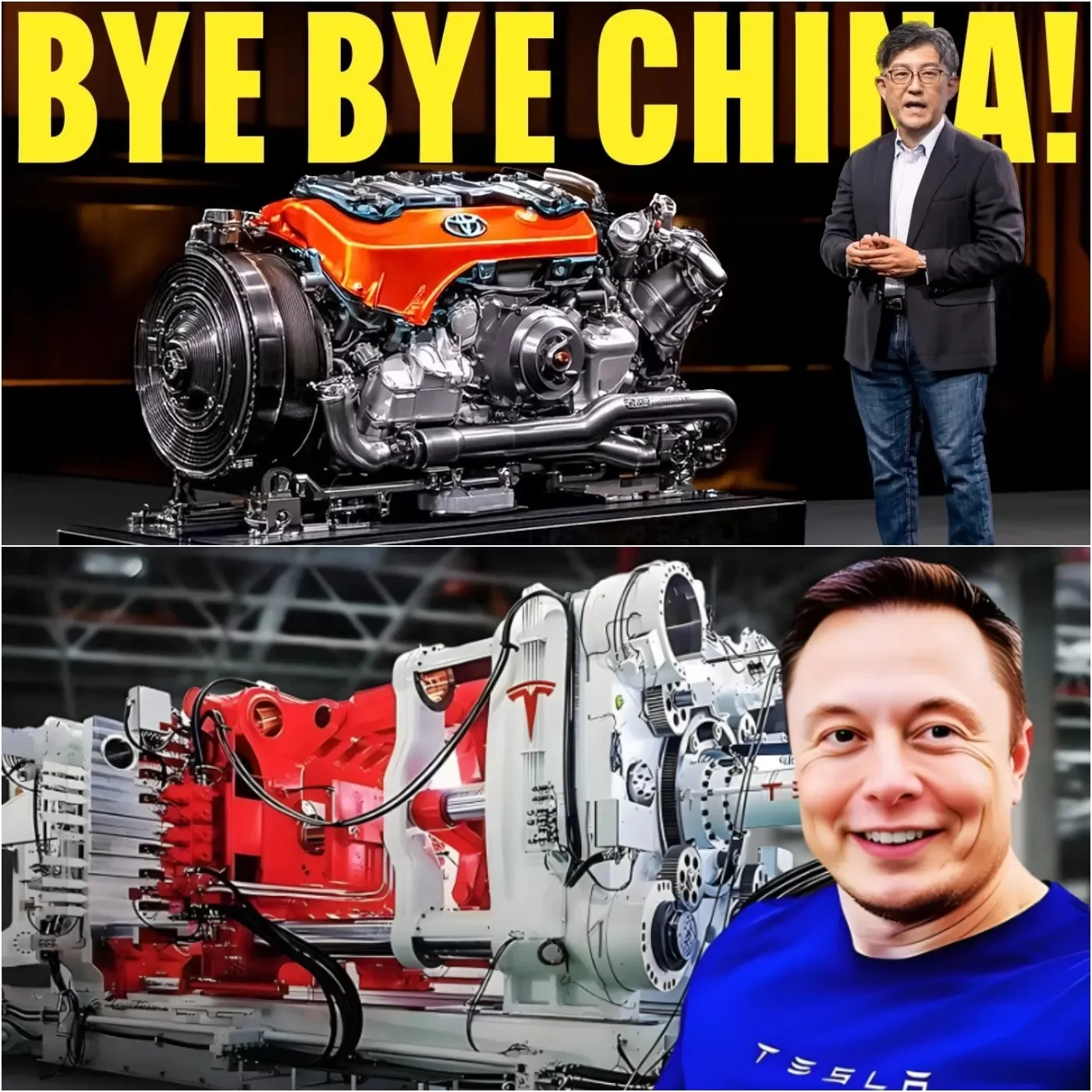Michael Jordan, a name synonymous with basketball greatness, has ignited a heated debate following his recent remarks on a contentious issue. The six-time NBA champion and global sports icon has publicly called for medals to be stripped from athletes who kneel during the national anthem, a move that has drawn both praise and criticism from various corners of society. Jordan’s statement has become a lightning rod for discussions on patriotism, free speech, and the role of athletes in political discourse.
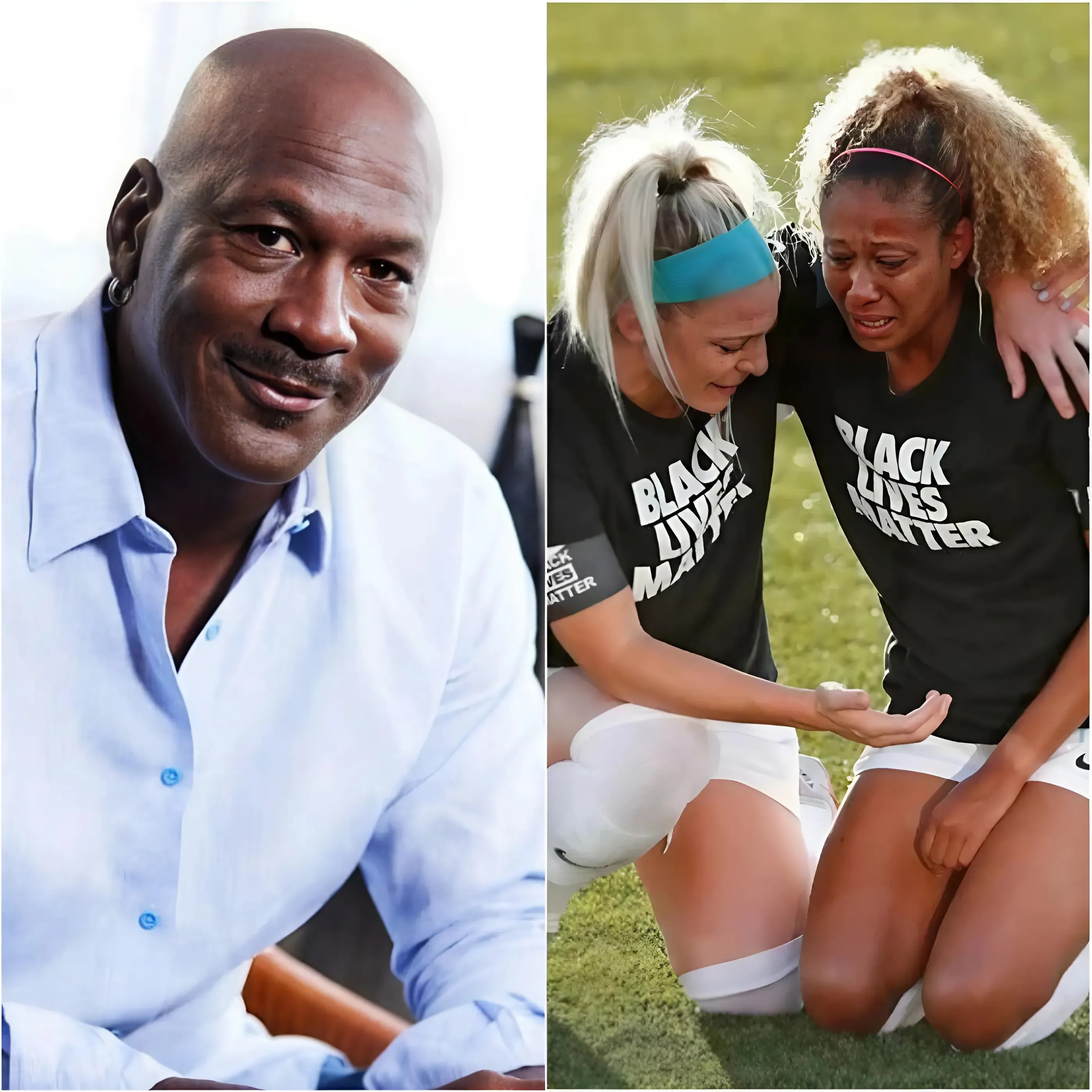
The controversy erupted during an interview in which Jordan was asked about his views on athletes kneeling during the national anthem—a form of protest popularized by NFL quarterback Colin Kaepernick in 2016. Jordan, who has often been viewed as apolitical throughout his career, surprised many by taking a firm stance. “I believe the national anthem is a sacred tradition that represents unity and respect for the sacrifices made by countless individuals,” he said. “Athletes who choose to kneel during this moment are disrespecting that tradition. If they feel strongly about their cause, there are other platforms to express their views without tarnishing the spirit of compeтιтion.”
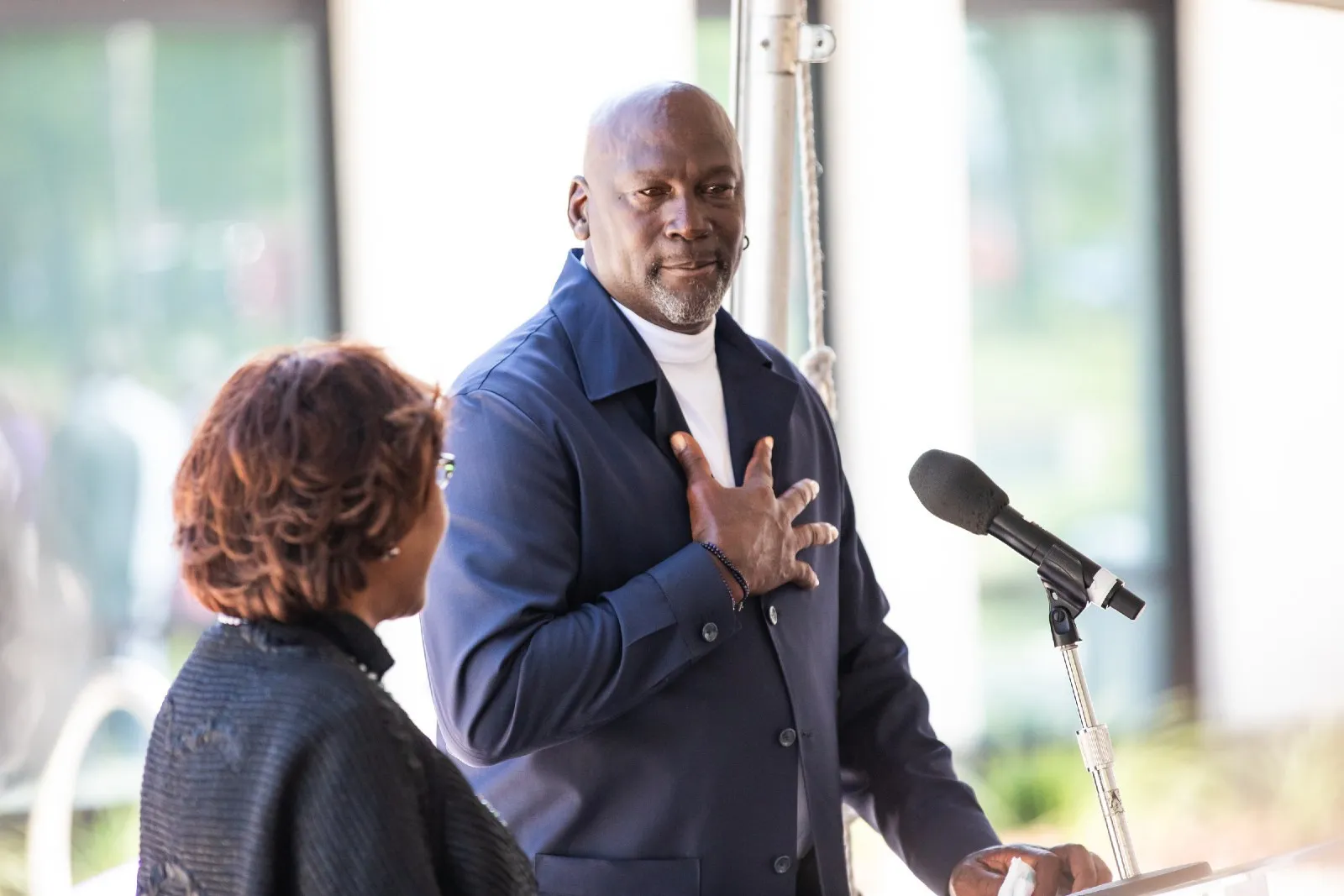
Jordan’s comments have sparked a firestorm on social media, with hashtags like #MichaelJordan and #AnthemProtest trending worldwide. Supporters of Jordan’s position argue that the national anthem is a moment of unity and respect that should be free from political statements. “Athletes are role models,” one Twitter user wrote. “They should inspire us to come together, not create division by making political statements during such a symbolic moment.”
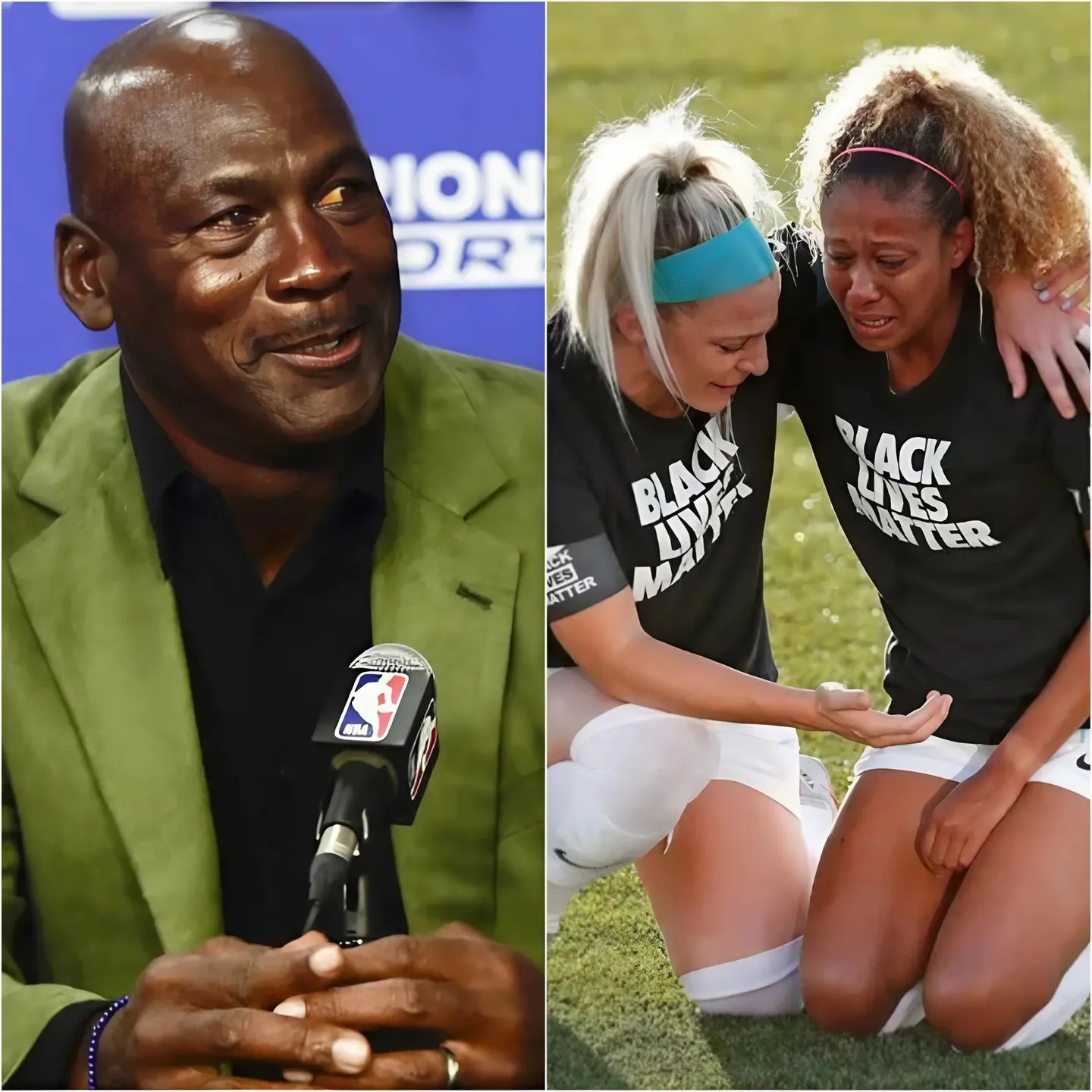
On the other hand, critics have accused Jordan of being out of touch with the struggles faced by marginalized communities. Many argue that kneeling during the anthem is a peaceful and powerful form of protest that draws attention to social injustices, particularly systemic racism and police brutality. “Protesting during the anthem is not about disrespecting the flag; it’s about calling for change,” one activist said. “Michael Jordan should use his platform to support these athletes, not silence them.”
Jordan’s remarks have also reignited debates about the role of athletes in political and social movements. Historically, figures like Muhammad Ali, Billie Jean King, and Kareem Abdul-Jabbar have used their prominence to advocate for social change, often at great personal and professional risk. In recent years, athletes such as LeBron James, Megan Rapinoe, and Naomi Osaka have continued this tradition, using their platforms to speak out on issues ranging from racial inequality to gender discrimination.
Critics of Jordan have pointed to his reluctance to engage in political activism during his playing career, a stance encapsulated by his infamous remark, “Republicans buy sneakers, too.” While Jordan has made significant philanthropic contributions in recent years, including a $100 million pledge to support racial equality initiatives, some feel that his latest comments undermine his efforts to align himself with social justice causes.
The controversy has also raised questions about the International Olympic Committee’s (IOC) Rule 50, which prohibits political demonstrations during the Games. While the IOC has relaxed some restrictions in recent years, allowing athletes to express their views in interviews and on social media, the rule still bans protests on the field of play, during medal ceremonies, and at the opening and closing ceremonies. Jordan’s call to strip medals from athletes who kneel could be seen as an endorsement of the IOC’s stance, though it remains to be seen whether his comments will influence future policy decisions.
Political leaders have also weighed in on the debate, further polarizing public opinion. Some conservative lawmakers have echoed Jordan’s sentiments, arguing that athletes should face consequences for using their platforms to make political statements during national anthems. “Respect for the flag and our country should be non-negotiable,” one senator said. “Stripping medals from those who kneel sends a clear message that such actions will not be tolerated.”
Conversely, progressive politicians and activists have criticized Jordan’s remarks as a step backward for social justice. “Kneeling during the anthem is a courageous act of protest,” a prominent congresswoman tweeted. “Punishing athletes for standing up—or kneeling down—for what they believe in is a disservice to the values of freedom and equality that the anthem itself represents.”
As the debate rages on, many are questioning the broader implications of Jordan’s comments. Will they embolden organizations like the IOC and professional sports leagues to take a harder line against athlete protests? Or will the backlash serve as a reminder of the importance of protecting free expression, even in the context of sports?
Jordan’s remarks have also sparked discussions among athletes, with opinions divided along generational and ideological lines. Some veteran athletes have voiced their agreement, arguing that sports should remain a neutral space free from political controversy. “We compete to inspire and entertain,” one retired Olympian said. “Bringing politics into the arena detracts from that mission.”
However, many younger athletes have expressed disappointment in Jordan’s stance, emphasizing the importance of using their platforms to advocate for change. “As athletes, we have a unique opportunity to amplify important issues,” one prominent basketball player tweeted. “If we don’t use our voices, who will?”
The controversy surrounding Jordan’s comments highlights the enduring tension between tradition and progress, patriotism and protest. It also underscores the growing expectation for public figures, particularly athletes, to take a stand on social and political issues. While some applaud Jordan for speaking out, others see his remarks as a missed opportunity to support a movement aimed at achieving greater equity and justice.
Ultimately, the debate over kneeling during the national anthem is unlikely to be resolved anytime soon. As society continues to grapple with issues of race, inequality, and free expression, the actions and statements of influential figures like Michael Jordan will remain under intense scrutiny. Whether his comments will have a lasting impact on the world of sports and beyond remains to be seen, but one thing is certain: the conversation is far from over.
